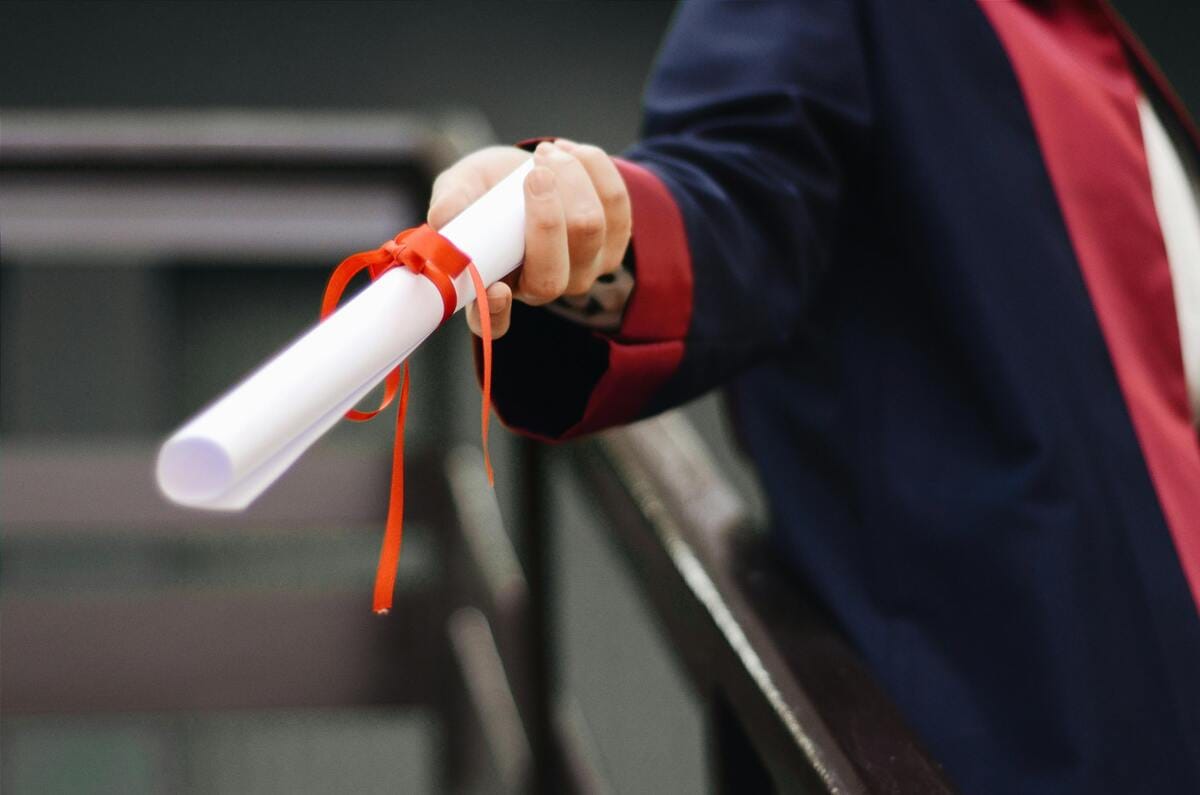Getting a scholarship, especially an international scholarship is already a hard job enough, but hoping to get one when your GPA is low? Well, that’s a teeny-weeny harder, but it’s not impossible. Contrary to the viral belief that only first-class students get scholarships, there are opportunities even for graduates with low GPAs.That’s why in this article, we’ll be discussing how to get a scholarship with a low GPA in 2025.
Graduating with a low GPA doesn’t necessarily mean a student isn’t as brilliant as their counterpart with better grades. Sometimes, life’s circumstances also affect one’s academic performance. For instance, a lot of students from low and average-income families have to work part-time jobs and side hustles to cover their basic expenses and this could ultimately affect their grades.So, what do you do if your GPA is low and you’re aiming for scholarships?
Table of Contents
How to Get a Scholarship With a Low GPA
In order to increase your chance of getting a scholarship when you have a low GPA, you must be willing to go the extra mile to prove your worth. While candidates with high GPAs have a natural advantage, you have to prove that you’re as qualified and deserving as much as any other candidate. Here are some of the things you should do to increase your chances of getting a scholarship if you have a low GPA;
1. Meet the Minimum Requirements
The first tip on how to get a scholarship with a low GPA is to ensure that you meet the minimum requirement for the programme you’re applying for. For instance, some programmes have a mandated minimum GPA, years of work experience, and other important criteria. Meeting these criteria is the baseline of a successful application.
2. Acquire Experience
Experience is very important when applying for a scholarship, especially when your GPA is low. By including as many experiences as possible in your application, you’re informing them that you have both academic and practical knowledge in the field and you’re deserving of the opportunity.A good way to build experience upfront is by starting research into your field a year or two before your application, then building your resuming towards that by acquiring as much experience as possible.
Now, you’re wondering “I just graduated and I have never worked, does that mean I can’t get a scholarship?” Well, experience doesn’t necessarily mean work experience, it could be volunteering or research experience. Let’s take a look at some of the experiences that will increase your chance of getting a scholarship with a low GPA.
- Work Experience:Candidates who have work experience in their field of specialization have a higher chance of getting a scholarship.Work experiences not only enrich your resume, they also showcase the real application of your skills and your dedication to the field.
- Volunteering Experience: Volunteering experience is as important to your application as work experience, especially for fresh graduates with no work experience. What’s even more interesting is that you can acquire volunteering experience as an undergraduate. Partaking in volunteer research and publishing research papers and journals. Attaching your publications and journals to your application is a good boost for you.
- Extra Curricula Activities:Outlining your experiences and strengths outside of academics is equally very important. While you don’t have the natural high GPA advantage, showcasing your involvement in extracurricular activities can give you a boost. Include your leadership experiences, community involvement, creativity, and other important achievements that could make your application stand out.
3. Craft a Compelling SOP
Your statement of purpose (SOP) is your story and how you tell it matters. Be honest and focus on what is important. Narrate your academic struggles and what affected your academic performance. More importantly, express your desire for improvement and share the story of your growth over time. You can also share how you’ve overcome setbacks and how those experiences will be instrumental in your academic improvement.Lastly, reflect on your goals, aspirations, and your passion for that field of study. Explain what interests you and what impacts you plan to make. A clear enthusiasm and sense of purpose could overshadow your low GPA.
4. Recommendations Matters
Have you ever wondered why you need to submit recommendations when applying for scholarships? That’s because what’s included in those recommendations matters. Reference letters can showcase your strengths, weaknesses, and achievements beyond academic grades. That’s why you need references who know you well and can say something meaningful about you, your abilities, and your potential.
5. Apply for Multiple Opportunities
It’s good to stay positive, but it’s smart to expand your opportunity base. Apply for as many opportunities that align with your strengths and interests as possible. The more applications you send, the more chances of getting a scholarship. Meanwhile, persistence is necessary. You must stay persistent and positive even when rejection letters come in. Try as many times as possible until you get in.
How to Get a Scholarship With Low GPA in Summary
Getting a scholarship with a low GPA requires you to showcase your experiences, skills, and stuff that make you a better and more deserving candidate. While experiences are important, ensure you satisfy the minimum requirement for the scholarship you’re applying for. In addition to the points above, you could also try and connect to faculty members of the school you’re applying to. Understanding their research interests and sharing your passion with them could get you a recommendation letter and that’s a great boost for you.Lastly, if you’re invited for an interview, take on the interview with confidence and honesty. Outline your passion and desire for growth and academic success. Having a lot of practice interviews before attending the interview will boost your confidence.

Very helpful
Thanks
hi